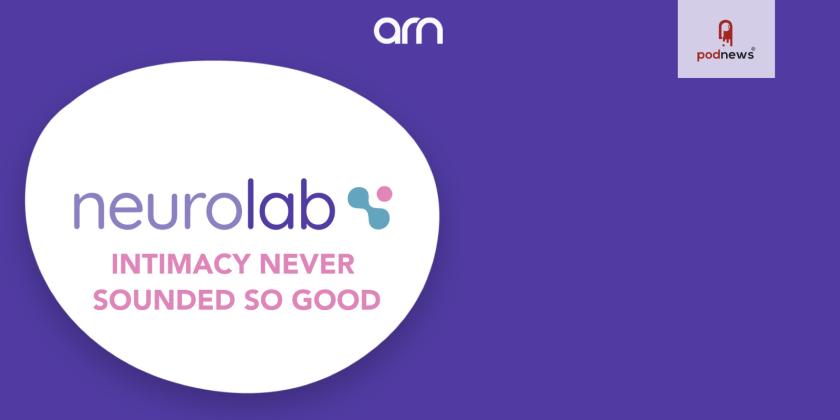
ARN Research demonstrates the power of podcast advertising
This article is at least a year old
ARN’s neurolab has released its latest piece of research that delves into the power of podcasts and highlights how brands can leverage this premium audio space.
Titled “Intimacy Never Sounded So Good”, the study was led by ARN’s Research & Neuroscience Specialist, Dr Tribikram Thapa (Rana), and ARN’s Director of Research & Insights, Justin Stone. The study used cutting-edge neuroscience and sensor technology to understand what happens to our brains when we listen to podcasts, and how these changes influence behaviour.
The results showed that podcasts garner 44% more mental availability than other digital channels, with advertising also viewed to be 30% more trustworthy when heard on podcasts rather than when seen on social platforms.
Overall, podcast listening was found to develop better memories than other digital channels tested, with the study highlighting three key recommendations for brands and advertisers looking to make deeper connections with listeners:
- Be Intimate – businesses should consistently implement a human voice as part of their digital strategy to get closer to audiences. This is amplified if the voice is familiar to them, allowing advertisers to capitalise on emotional triggers elicited by the familiarity of a talent’s voice.
- Be Heard – businesses can benefit from the high levels of memory encoding and retrieval during podcasts, while maximising engagement and attention cut through with post-roll advertising.
- Be Seen – campaigns that use audio priming improve the attention people pay to ads on social media by +82%. This opens the door to the total campaign being remembered and connected.
Dr Tribikram Thapa (Rana), said: “This latest research demonstrates that podcasts provide an exceptional audio space for uninterrupted cut-through with the added advantage of nurturing existing consumer relations and fostering new connections. This is evidenced by increased attention, high quality memories, and strong levels of trust for what listeners hear in podcasts compared to what is seen in other digital media platforms. Businesses should consider podcasts in the mix at a creative and campaign level to further brand image, increase brand connectivity, ensure brand safety, and improve brand salience.”
This is Dr Thapa’s first research release since joining ARN in December 2022. Holding a Bachelor’s and Master’s degree in Physiotherapy and a PhD in Neuroscience. Dr Thapa has taught various courses related to Research Methodology, Human Anatomy, Neuroscience, and Epidemiology. Dr Thapa also served as a Research Fellow at Monash University for three years, where he utilised brain imaging and stimulation techniques to investigate brain function and physiology.
About ARN’s neurolab:
ARN neurolab – the first in-house media research initiative of its kind in Australia – was launched in late 2020 to provide commercial clients and the audio industry with the most comprehensive insights into audio to-date. ARN neurolab works with clients to evaluate and optimise impact across radio, music streaming, and podcasts, enabling clients to strategically plan audio that builds brands effectively, influences behaviour, and maximises creative impact across the audio stack.
This is a press release which we link to from Podnews, our daily newsletter about podcasting and on-demand. We may make small edits for editorial reasons.